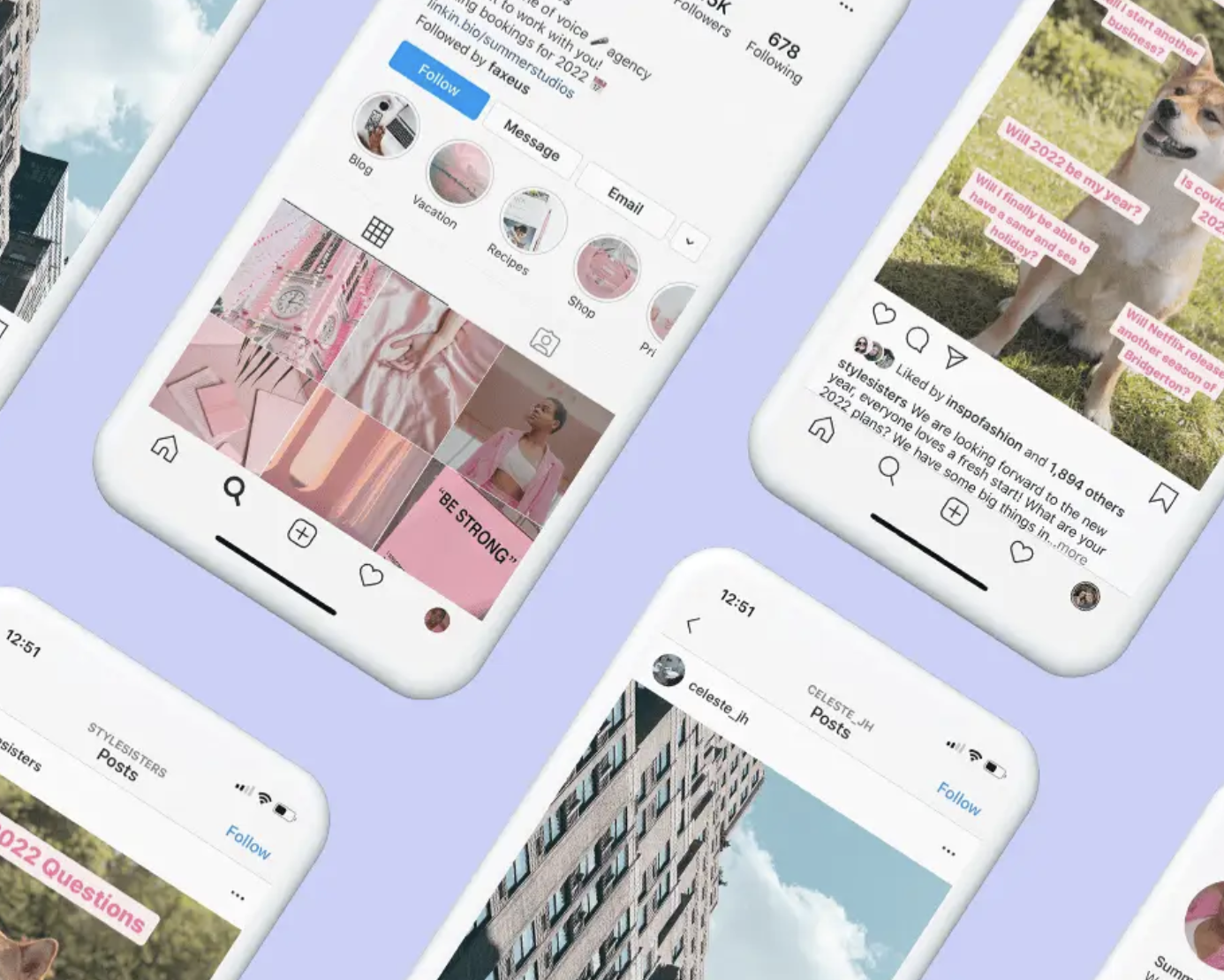Free UX Design Course
Dive into UX design with our free starter course. Transform your creative ideas into user-friendly solutions.
User experience design bootcamps have proliferated in response to rising industry demand for those with UX design skills. But not all UX design courses are made the same. With bootcamps ranging in price, duration, curriculum, and post-graduation success rates, it’s important to ask a few key questions specific to UX design before enrolling in a course.
Brenden Martin is the co-founder and chief operating officer of startup Joe Coffee. Previously a barista and product manager, he took Springboard’s UI/UX Design Career Track and, during the course of the bootcamp, developed and launched his coffee ordering app, which to date has raised more than $3.5 million at a $25 million valuation. Having built a successful business that empowers independent coffee shops and competes with the likes of the Starbucks coffee ordering app, Martin shares insights on the three questions that are worth asking when deciding between UI/UX design bootcamps.
Want to learn more about choosing between bootcamps? Read our article on the 6 factors you should consider.
What Practical Skills Are Taught?
While a certain amount of design theory is taught in many UI/UX design bootcamps, it’s important to vet a course’s curriculum for its usefulness to real-life projects. This was paramount to the development of Joe Coffee, according to Martin, who said that he was able to fast-track the building of the app by applying what he’d learned from the classes he took to his project.
“What I loved about Springboard is that I learned the right way to research and start developing and building the pre-MVP (minimum viable product),” Martin said. “It really helped keep me focused. Throughout the entire process, I was going through the lessons and was able to directly look at the product that I wanted to build and have it directly impact that.”
One particular example of a feature that he was able to develop, test, and iterate using the practical process he learned through Springboard was how coffee drinks could be ordered, canceled, or refunded through the app. By following the process, he was able to avoid time wasted on trial error, and factor edge cases into the MVP.
Get To Know Other Design Students
Rachel Millman
Product Designer at Bonterra
Bibi Tanjasiri
Product Designer at Hatch
Amber Hicks
UX Designer at Norfolk Southern
Is There Mentorship?
Research has shown that mentors matter to an individual’s career opportunities, growth, and trajectory. In addition to advising about big-picture issues, they also offer valuable industry insights, offer tips on actionable steps, and help expand an individual’s professional network.
For Martin, having frequent and easy access to Springboard’s mentors was important for him to bounce ideas off of an industry expert and receive guidance on how he should approach both the development of his app and business.
“I wasn’t quite sure what to expect with that interaction being remote, but I was really blown away at the level of detail and effort that they put into it too,” Martin said of his mentor. “I always had somebody I could ask questions to that would review my projects. You’re going to get out of Springboard what you put into it, and so the more that you actually go through the lessons and think about it and write up questions and prepare those for your instructor and the more you can have that dialogue in the time slots that you’re meeting with them, the more you’re going to get out of it.”
To that point, anyone considering a UI/UX design bootcamp should ask whether the course
a) offers mentorship from practicing industry experts, and
b) how accessible the mentors are to students.
Is There a Capstone Project?
In a field as competitive as UI/UX design, a strong portfolio of projects helps applicants stand out. For those who lack the relevant industry experience to build such a portfolio, this is where an ambitious capstone project can make a difference.
Related Read: What Does a UX Designer Do?
Martin had enrolled in Springboard’s UI/UX design bootcamp knowing that he wanted to build Joe Coffee, but the capstone project gave him the guard rails and support needed to wrangle such a large project into more manageable chunks. For example, instead of attempting to build the entire app from start to finish, he focused on the merchant-facing tablet where coffee shops would sign up and begin receiving and accepting customer orders.
“My mentor suggested that for my capstone, you want to keep it more narrow in scope, and I’m glad he mentioned that because otherwise, it would have been just an absolutely massive project,” Martin said. “The biggest things I took away from [the capstone project] were the upfront research and the organization [involved with] how you begin a project. Getting into the coffee shops, creating the customer surveys, gathering the data, and pulling insights from what is actually wanted and needed really surfaced things that we still hold true to our core pillars today. For example, it needs to fit into the workflow. And so every design decision is around how do we become the least minimal friction for a barista who is busy, overwhelmed, and bombarded with the 6:00 to 10:00 AM rush. And so it was those insights that informed how we laid out the screen, how many taps it takes to fulfill an order, and to really push ourselves in the design to keep it as minimal as possible.”
Since you’re here
If you want to work in design, you can. It’s that simple. With our UX Bootcamp, we’ll help you launch your design career in 9 months or less. Browse our free UX salary guide to see what you could be making







